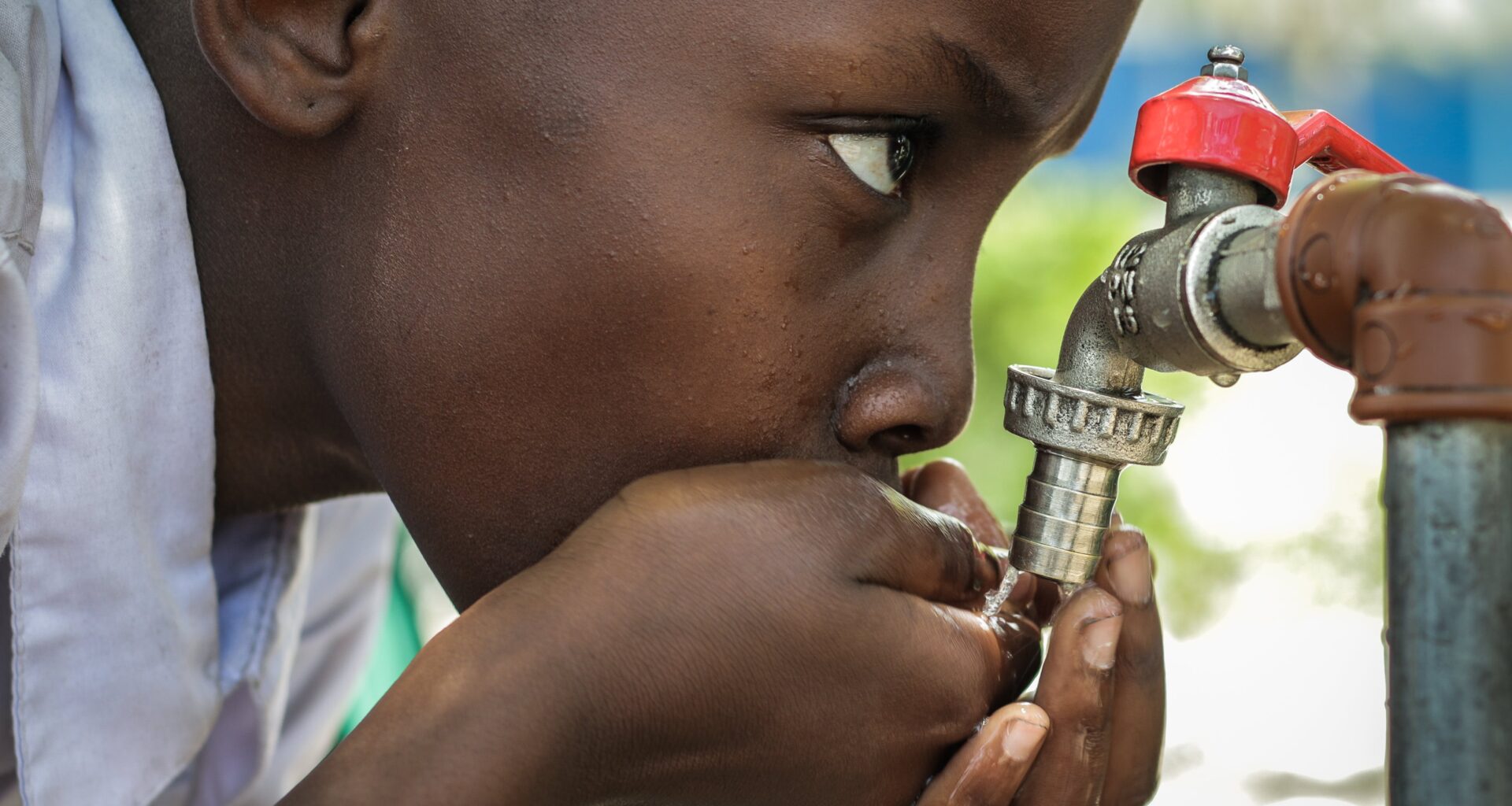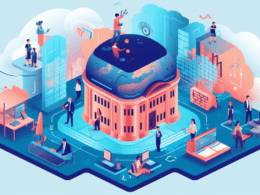Access to safe water and education are two fundamental pillars of human development. While they may seem distinct, these two facets of life are intrinsically linked. They are two of the most essential elements that people have to take their future back into their hands. By the time kids finish school, in fact, they will have countless more opportunities. But it will only be possible if clean water is accessible, even more so if we are talking about young girls. When girls start to menstruate, they often drop out of school as they lack proper sanitation.
The issue does not stop there but continues to affect every aspect of the community’s life. A clear example is India. If they had water and toilets accessible to 1% more girls in secondary school, their GDP would rise by $5 billion. On top of that, and on a global scale, for every year a young girl stays in school, she can expect her income to rise by 15 – 25%. Do you see where I am going?
Like a ripple in the river, access to water compounds its impact, changing a country’s economy. But let’s focus on education a bit more and see how else water impacts it.
1. Reducing Absenteeism
Access to safe water reduces absenteeism among school-going children. In many regions, kids bear the responsibility of collecting water for their families. This task is time-consuming and physically demanding. It requires walking long distances only to fetch water from unreliable sources. As a result of the poor quality of water, children often become ill and miss 443 million school days a year globally. When schools have a reliable source of clean water, children are less likely to be absent, with the new attendance leading to more opportunities for future success.
2. Promoting Hygiene and Health Education
Access to safe water in schools ensures essential hygiene and health education. Students can learn about handwashing, sanitation, and proper water usage. These lessons contribute to improved health and empower children with valuable life skills they can carry with them throughout their lives.
3. Community Development
Access to safe water doesn’t only benefit students but also their communities. Schools can serve as hubs for accessing clean water. When schools have clean water sources, they often become community water points. This benefits not only students but also the surrounding population, which impacts the community.
4. Enhancing Concentration and Learning:
As a teenager, have you ever said, “Today is too hot to focus; let me take a break”? Imagine having to study under the same heat but with no water to drink. Dehydration can have a significant impact on the kids. Students will struggle to focus in schools without water due to the discomfort. Providing children with clean drinking water will change this as kids will now have the opportunity to focus on their studies and enjoy school.
5. Breaking Gender Barriers
In many societies, girls face unique challenges in accessing education as they help with household chores and water collection, limiting their time for schooling.
Providing safe water and sanitation in schools will break down these gender barriers. As we saw above, girls are more likely to attend school when they have access to clean water and sanitation. Water, like education, is a matter of gender equality.
Access to safe water and education are symbiotic relationships. Improving one enhances the other, leading to a ripple effect that keeps on impacting life. We have to invest in both clean water and education to give children a brighter future—or, even better, to give children around the world the opportunity to shape their future as they wish.
Elliot for Water is based in France (Paris) and is currently part of the Super Connect Support Programme (powered by Empact Ventures) and the Impact Challenge (Water Crisis) Co-Lead Judge for the Super Connect for Good Competition.










